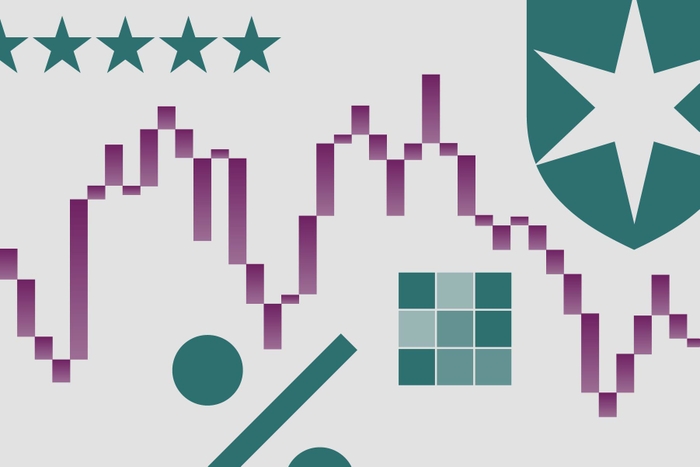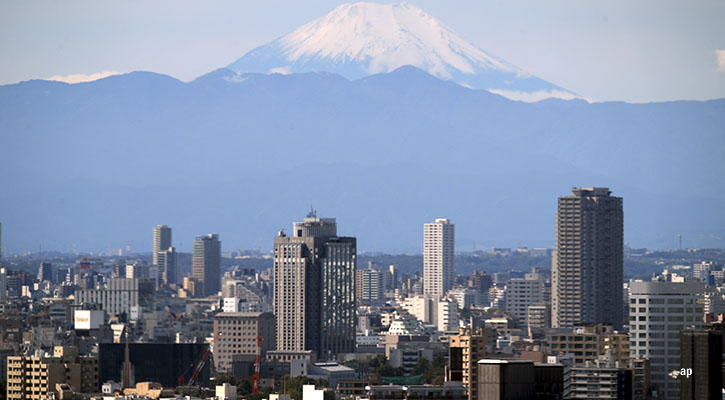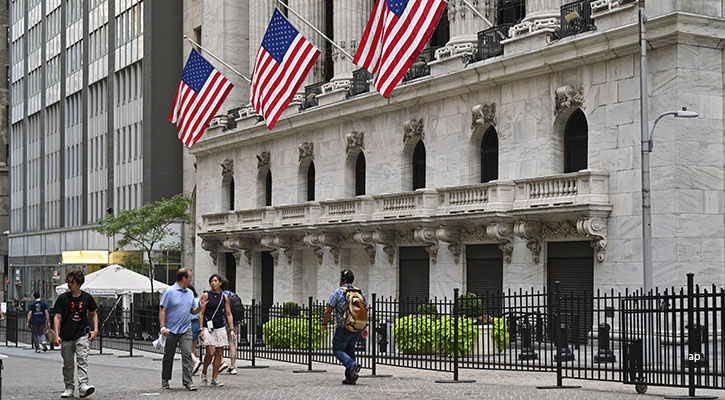
Report Release Date: 26 Apr 2010
Analyst: Han de Vries
Morningstar Opinion:
Robeco Agribusiness invests in agriculture-related stocks. The idea behind the agriculture theme is that increasing prosperity leads to a scarcity of raw materials, whereby the prices of the latter increase. Therefore, all stocks in which the fund invests are related to the production of agricultural products or so-called soft commodities; thus, raw material buyers such as food processors Nestlé and Unil
ever do not appear in the fund, because they don’t benefit from a rise in raw materials prices. Compared with other agri-funds, this fund's approach is a lot stricter, which will appeal to investors who are interested purely in the agri-theme.
The fund's manager, Boudewijn de Haan, is among the more experienced portfolio managers at Robeco. His investment expertise spans US stocks to financials. He gained prior experience with this fund's theme when he managed the former Robeco Food & Agri. We think the manager is high-quality, but apart from him, there aren't any other analysts directly involved with this fund. There is some support from other teams, but, in our opinion, actively managing a universe of 150 to 200 companies is too much for only one person.
The fund's performance is determined for the most part by the different raw material segments. In 2009, for example, de Haan benefited from his position in Illovo Sugar after a sugar price increase in India that was due to a bad harvest. A fish disease in Chile made Norwegian fisheries stocks rise considerably. Because of the importance of price fluctuations in the different segments, the expectations de Haan has for each segment play a very important role in the selection of stocks. For example, de Haan believes a growing consumption of meat--especially beef--in China will in turn push the grain price upward (grain is an important ingredient in animal nutrition). After analysing the different segments, de Haan selects those companies that, in his opinion, offer exposure to the segments, and are also attractive from a valuation perspective. All stocks in the portfolio belong to two sectors: The majority can be classified as consumer goods (agricultural products, dairy, meat), and the rest fall under base materials (artificial fertilizer, pesticides, etc.). A lot of names are unknown to the general public, as they are mainly companies working in the business-to-business environment. More than half of the portfolio consists of small and mid-caps, which is typical for an agri-fund.
The dependence on raw material prices makes the fund very volatile. In the first months after its establishment at the end of 2008, the fund's losses were steeper than those of more diversified equity funds, but it had a relatively strong recovery in 2009. Compared with the small group of other agri-funds, return and risk are approximately average, although the fund's performance history isn't long enough to make meaningful conclusions. There are agri-funds that have larger investment teams, but for those investors who find the pure agri-theme appealing, this fund has a sensible strategy and a competent manager, and it's not too expensive. Given the high volatility, however, we think such a fund is suitable only as a niche position in the portfolio.
*The above returns are in EUR terms.
To learn more about the fund, please click here.
To read the summary report, please click here.

















